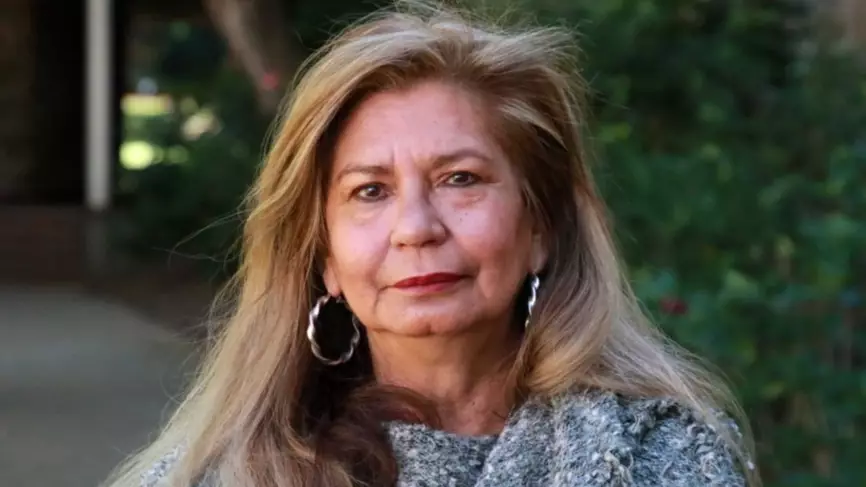
An Indigenous psychologist believes systemic racism is causing a major divide between police officers and Indigenous youths.
University of Western Australia professor of Indigenous studies and psychologist Pat Dudgeon spoke at an inquest into the deaths of two Aboriginal teenagers who drowned while trying to evade police.
The boys, aged 16 and 17, drowned on September 10, 2018, while attempting to cross a 100-metre stretch of river between Maylands and Rivervale in rough conditions.
Advert
The pair had been part of a group of four teens who were chased by two police officers after it was reported they were jumping fences into people's backyards.
While giving evidence at the inquest, Dudgeon described police relationships with Indigenous youth as 'not good'.
"It's no wonder Aboriginal youth run from police because they know it doesn't go well for them," she said
"I know there have been little advances here and there but there hasn't been systemic changes across the board. I think that racism is still an issue for us ... there's personal racism and there's also systemic racism."
Advert
One of the group members who made it safely across the river said at the inquest that they did not believe stopping to talk to the officers was an option.
"F*** the police," he said.
Professor Dudgeon went on to explain that the two-day cultural awareness training that cadet police officers undergo while in training weren't enough to comprehend complex issues when dealing with Indigenous youths.
"The danger is that [the training] is all abstract in that you're not sitting down talking to Aboriginal people ... and how you'd react in real-life situations is quite different to something you'd read about and how you think you'll act," she said.
Advert
"If you've got an unconscious bias that you think less of Aboriginal people, that's going to influence your interactions.
"It's quite a deep change that needs to occur where a person challenges themselves and what racist views they may hold."
Meanwhile, Constable Ella Cutler, who chased the boys on foot along with Constable Lindsay Jeffree revealed that she wasn't aware the two boys had drowned in the river until hours later.
"Initially we were running, they were a distance in front of us [around 50 to 75 metres], and then after a period we walked," she said.
Advert
"My primary focus was on the boy who was standing [in the river].
"He stopped because he realised he couldn't swim and I didn't want him to start swimming ... I wanted him to get out the water, I was asking him to come back to shore.
"The other two were swimming away from me ... towards the other side".
The surviving members of the group were allegedly found with items that had been stolen from homes earlier that day, though police chose to release the boys without charge in light of the tragedy.
Advert
The coronial inquest into their deaths will examine whether police actions caused or contributed to the tragedy.
To support the fight against racial injustice visit ladbible.com/unheard
Topics: Australia